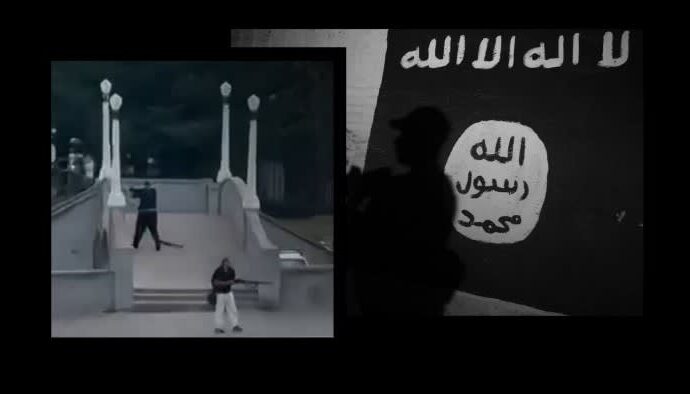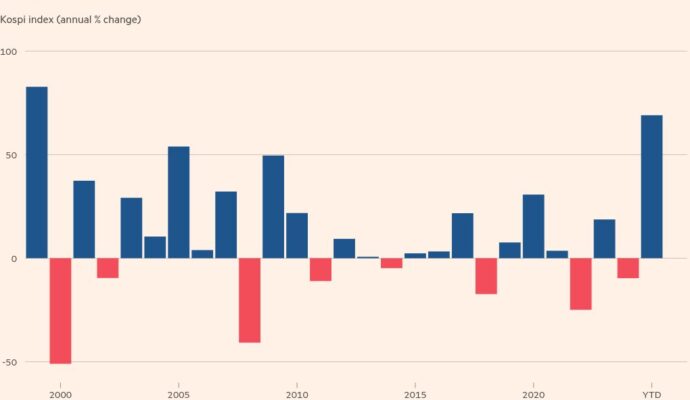Unlock the Editor’s Digest for free
Roula Khalaf, Editor of the FT, selects her favourite stories in this weekly newsletter.
China and Russia are posing similar cyber threats to Europe, according to the Czech president whose government was recently targeted by a hacker group linked to Beijing’s security services.
President Petr Pavel told the Financial Times that he considered the two countries to be on a par when it comes to state-sponsored hacking and espionage.
Beijing and Moscow are “equal in terms of cyber threat”, he said. “We’ve seen cyber attacks coming from both directions and almost at the same level.”
Prague last month said that its foreign ministry had been the target of a “malicious cyber campaign” by APT31, a hacking group connected to the Chinese state security ministry. The group last year faced similar accusations from the US and UK, with some of its members subject to American and British sanctions. Beijing has denied the allegations.
Czech foreign minister Jan Lipavský described the attack as “a clear act of espionage”, made easier by his ministry operating on an outdated and vulnerable network infrastructure. “It was full of holes, like Swiss cheese,” he told the FT. He confirmed that Chinese attackers were scanning unclassified documents related to “Asian affairs”.
The Czech Republic has been a vocal European advocate for Taiwan, which Beijing considers to be part of its territory. In a move that underscored Prague’s support, Pavel spoke to then-Taiwanese president Tsai Ing-wen on his first day in office in 2023, becoming the first elected European head of state to do so.
Lipavský said that while China appeared to be focused primarily on espionage, Russia seemed more interested in sabotage, in the context of its invasion of Ukraine. Moscow “is waging hybrid warfare against us, and we should put the emphasis on the word warfare,” he said.
The attack on the Czech foreign ministry indicates a step-change in Beijing since cyber warfare was moved from the army to the country’s top spy service, said Martin Hála, head of Sinopsis, a Prague-based think-tank that specialises in Chinese issues.
“There was a time when the Russians were so much better, but that has changed and I think the Chinese are now at least on par with the Russians technically,” he said.
Takashi Hosoda, an assistant professor at the Czech University of Defence’s Institute of Intelligence Studies, said that while both states were carrying out cyber attacks that were similar in intensity, the nature of their hacking differed.
“Russia is more focused on damaging infrastructure and China is more about gathering data that can damage the image of its opponents,” he said.
Taiwanese deputy foreign minister Chen Ming-gi, speaking on the sidelines of a conference in Prague earlier this month, said Taipei was now “working closely” with Czech authorities on cyber security. While Europe was more alert to the danger posed by Russian hacking, it had yet to realise the extent of the Chinese threat.
“China is very sophisticated and we learnt that first hand: we are the most attacked in the world when it comes to cyber attacks,” Chen said.
The Taiwanese official also warned of increasing cyber co-operation between Moscow and Beijing: “They are comparing notes, they are actively sharing.”


